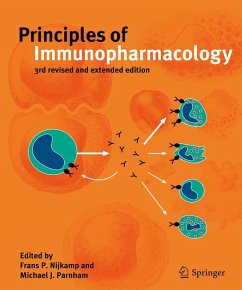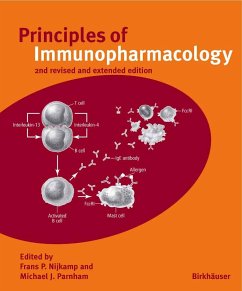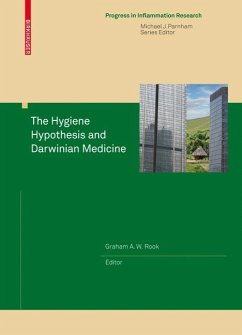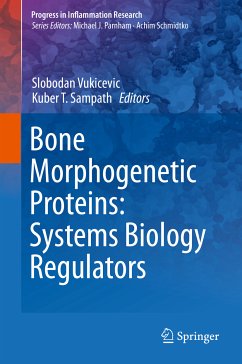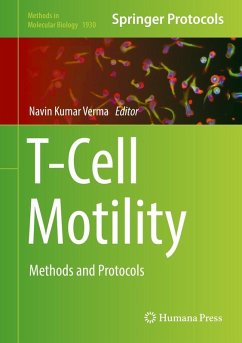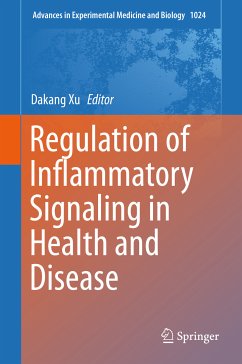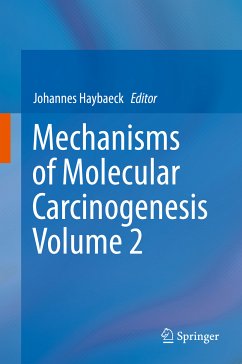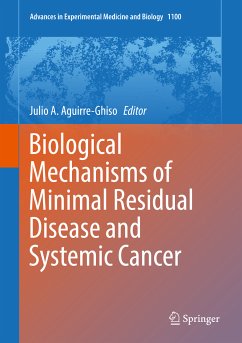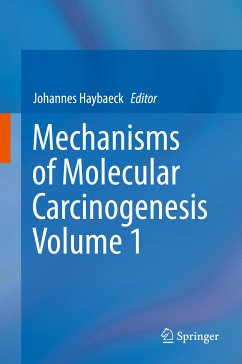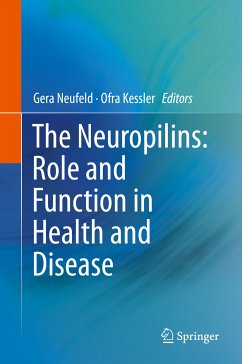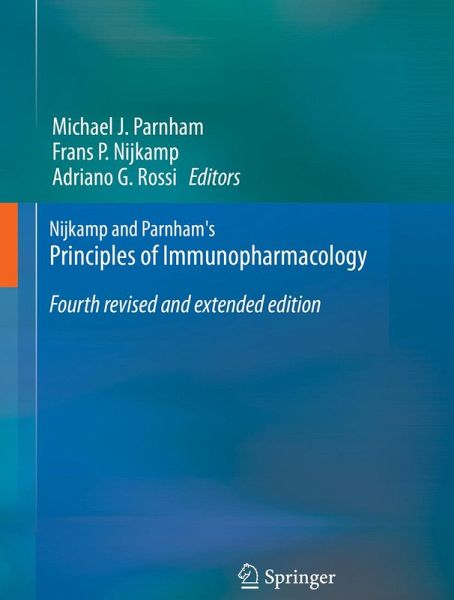
Nijkamp and Parnham's Principles of Immunopharmacology (eBook, PDF)
Versandkostenfrei!
Sofort per Download lieferbar
104,95 €
inkl. MwSt.
Weitere Ausgaben:

PAYBACK Punkte
52 °P sammeln!
Principles of Immunopharmacology provides a unique source of essential knowledge on the immune response, its diagnosis and its modification by drugs and chemicals. The 4th edition of this internationally recognized textbook has been revised to include recent developments, but continues the established format, dealing with four related fields in a single volume, thus obviating the need to refer to several different textbooks. The first section of the book, providing a basic introduction to immunology and its relevance for human disease, has been updated to accommodate new immunological concepts...
Principles of Immunopharmacology provides a unique source of essential knowledge on the immune response, its diagnosis and its modification by drugs and chemicals. The 4th edition of this internationally recognized textbook has been revised to include recent developments, but continues the established format, dealing with four related fields in a single volume, thus obviating the need to refer to several different textbooks.
The first section of the book, providing a basic introduction to immunology and its relevance for human disease, has been updated to accommodate new immunological concepts, particularly the role of epigenetics and the latest understanding of cancer immunology. The second section on immunodiagnostics offers a topical description of widely used molecular techniques and a new chapter on imaging techniques. This is followed by a systematic coverage of drugs affecting the immune system, including natural products. This third sectioncontains 15 updated chapters, covering classical immunopharmacological topics such as anti-asthmatic, anti-rheumatic and immunosuppressive drugs, but also deals with antibiotics, plant-derived and dietary agents, with new chapters on monoclonal antibodies, immunotherapy in sepsis and infection, drugs for soft-tissue autoimmunity and cell therapy. The book concludes with a chapter on immunotoxicology and drug safety tests.
Aids to the reader include a two-column format, glossaries of technical terms and appendix reference tables. The emphasis on illustrations is maintained from the first three editions.
The book is a valuable single reference for undergraduate and graduate medical and biomedical students, postgraduate chemistry and pharmacy students, researchers in chemistry, biochemistry and the pharmaceutical industry and researchers lacking basic immunological knowledge, who want to understand the actions of drugs on the immune system.
The first section of the book, providing a basic introduction to immunology and its relevance for human disease, has been updated to accommodate new immunological concepts, particularly the role of epigenetics and the latest understanding of cancer immunology. The second section on immunodiagnostics offers a topical description of widely used molecular techniques and a new chapter on imaging techniques. This is followed by a systematic coverage of drugs affecting the immune system, including natural products. This third sectioncontains 15 updated chapters, covering classical immunopharmacological topics such as anti-asthmatic, anti-rheumatic and immunosuppressive drugs, but also deals with antibiotics, plant-derived and dietary agents, with new chapters on monoclonal antibodies, immunotherapy in sepsis and infection, drugs for soft-tissue autoimmunity and cell therapy. The book concludes with a chapter on immunotoxicology and drug safety tests.
Aids to the reader include a two-column format, glossaries of technical terms and appendix reference tables. The emphasis on illustrations is maintained from the first three editions.
The book is a valuable single reference for undergraduate and graduate medical and biomedical students, postgraduate chemistry and pharmacy students, researchers in chemistry, biochemistry and the pharmaceutical industry and researchers lacking basic immunological knowledge, who want to understand the actions of drugs on the immune system.
Dieser Download kann aus rechtlichen Gründen nur mit Rechnungsadresse in A, B, BG, CY, CZ, D, DK, EW, E, FIN, F, GR, HR, H, IRL, I, LT, L, LR, M, NL, PL, P, R, S, SLO, SK ausgeliefert werden.



